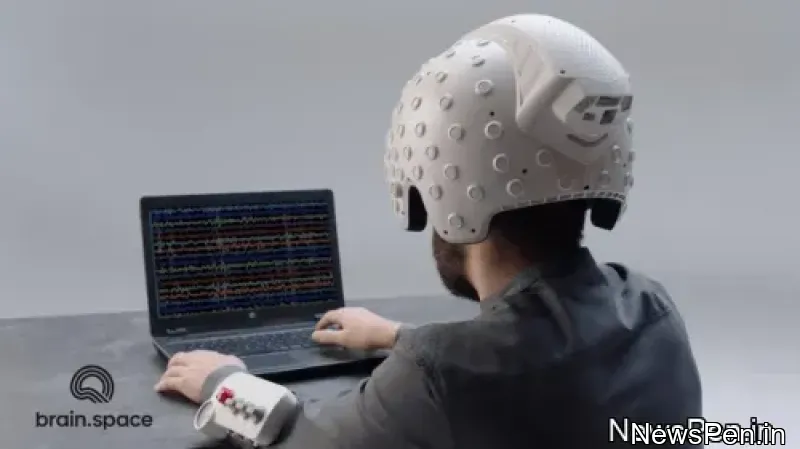Brain.Space, an Israeli startup, will test brain-activity gear on a mission to the International Space Station.

Brain.Space, an Israeli startup that examines data on brain activity, is poised to test its equipment on astronauts in space next week on a SpaceX shuttle voyage to the International Space Station (ISS).
Three astronauts on Axiom Space's planned journey to the International Space Station (ISS) would utilise an unique electroencephalogram (EEG)-enabled helmet built by Brain.Space, the company said on Monday.
The 10-day mission, which will be the first private flight to the space station, will launch on April 3 with four astronauts.
"We actually know that the microgravity environment impacts the physiological indicators in the body. So, it will probably impact the brain and we would like to monitor that," Yair Levy, CEO of Brain.Space, told Reuters.
In space, data on heart rate, skin resistance, muscle mass, and other variables has been collected continually, but not on brain activity, he claims.
Brain.Space joins 30 experiments taking part in the Rakia Mission to the International Space Station.
Three of the four astronauts, including Israeli Eytan Stibbe, will wear the helmet, which has 460 airbrushes that attach to the scalp, for 20 minutes every day, during which data will be sent to a laptop on the space station. One of the activities is a "visual oddball," which the business claims is useful in detecting aberrant brain dynamics.
Similar research utilising these activities have been done on Earth, and after the flight, Brain.Space will compare the EEG data to understand how brain activity differs in space and on Earth.
It stated that such tests are necessary since long-term space travel and "off-world living are within grasp"
Brain.Space, which recently announced a $8.5 million early fundraising round, advertises itself as a brain infrastructure firm and is collaborating with Israel's Ben Gurion University's cognitive and brain sciences department to translate gigabytes of data into actionable insights.
Levy expressed optimism that the space mission will serve as a springboard for other institutions, academics, and software companies to access the platform's brain data.
"Space is an accelerator. The idea is to revolutionise and make possible brain activity apps, products and services that's as easy as pulling data from an Apple Watch," Levy used ADHD measurement as an example.
 Added on:
28-Mar-2022
Added on:
28-Mar-2022
DISCLAIMER: The news content above is submitted by Newspen users and also scrapped from external websites.







